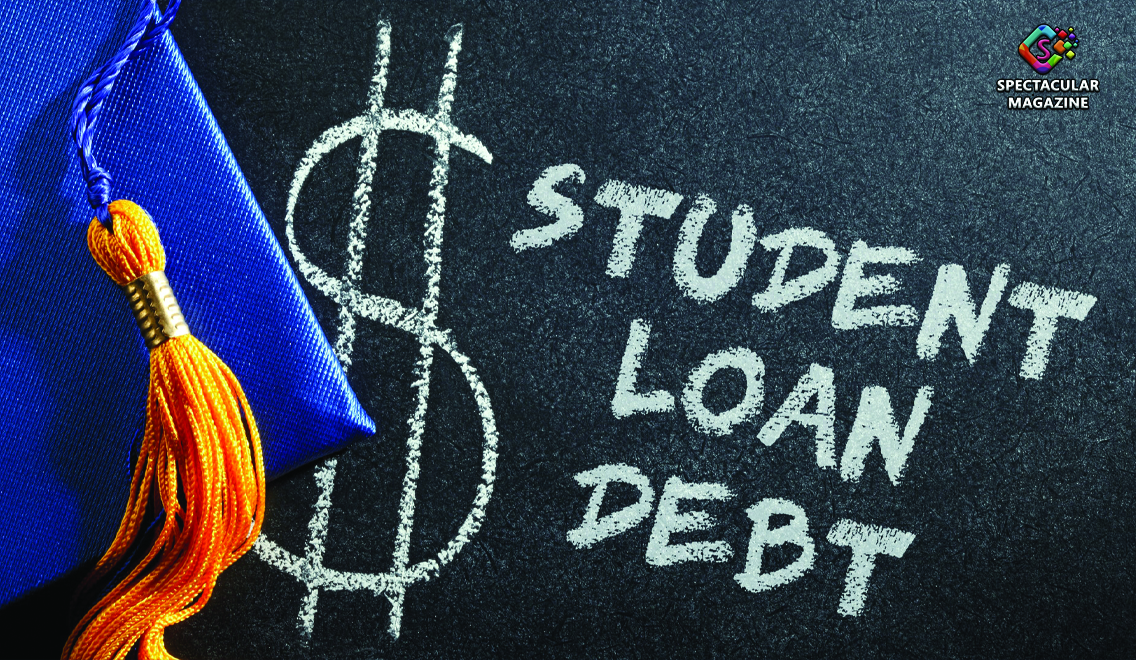AG Josh Stein Explains the Recent Changes to Student Loan Debt
When people take out a student loan, they’re investing in their future – and their success makes all our communities stronger. That’s why I work hard to protect student borrowers and have taken loan servicers and for-profit colleges to court when they’ve illegally taken advantage of student borrowers. In total, my office has won almost $300 million in student loan debt relief for more than 37,000 North Carolina borrowers since 2017. That work continues, but at the same time, the student debt landscape is changing quickly, and it can be difficult to keep up.
Below are important deadlines and information that I hope will help you get a handle on your student debt.
 The federal government announced a few big changes to student loan repayment and relief programs. The government will cancel up to $10,000 for most student loan borrowers and up to $20,000 for most Pell Grant recipients. An application for this relief will open in early October at studentaid.gov. The federal government also announced changes to income-driven repayment plans, which offer some borrowers a lower monthly payment. Additionally, the administration is extending the pause on federal student loan repayment one final time, until December 31, 2022. To make sure you receive the benefits you qualify for, visit studentaid.gov to make sure your contact information is up to date, reach out to the U.S. Department of Education (DOE) (www.ed.gov), or contact your student loan servicer.
The federal government announced a few big changes to student loan repayment and relief programs. The government will cancel up to $10,000 for most student loan borrowers and up to $20,000 for most Pell Grant recipients. An application for this relief will open in early October at studentaid.gov. The federal government also announced changes to income-driven repayment plans, which offer some borrowers a lower monthly payment. Additionally, the administration is extending the pause on federal student loan repayment one final time, until December 31, 2022. To make sure you receive the benefits you qualify for, visit studentaid.gov to make sure your contact information is up to date, reach out to the U.S. Department of Education (DOE) (www.ed.gov), or contact your student loan servicer.
For those folks working in public service, there have been some important developments. Earlier this year, the federal government announced changes to address the flaws of the Public Service Loan Forgiveness (PSLF) program, which offers loan forgiveness for public service workers. The changes allow millions more student loan borrowers who work as public servants to receive credit toward loan forgiveness for past loan payments, even if those payments did not comply with the PLSF rules in place at the time. To benefit from this limited waiver, you must apply by October 31, 2022. Be sure to apply by Halloween.
These changes will make a massive difference in the financial futures of thousands of borrowers. To find out if you’re eligible for PSLF, visit studentaid.gov before the deadline next month.
But these changes also offer an opportunity for scammers to capitalize on people’s excitement and confusion to steal their money. Please remember:
- If an unknown caller or email sender asks for your personal information, including your Federal Student Aid ID, don’t respond. Your loan servicer and the DOE will not ask you for personal information over the phone or in an email.
- Be patient. Anyone promising instant debt relief is a scammer. The DOE will need time to implement the new programs and get relief to borrowers. No company can help you speed up the process. You can subscribe for updates from the DOE at ed.gov/subscriptions.
- Never pay debt relief companies upfront fees for assistance with your student loan debt. Under North Carolina law, it’s illegal for debt-relief companies to charge an advance fee to modify debts.
- Contact your loan servicer directly with any questions. Your loan servicer can help you get access to qualifying programs, like debt relief or repayment options. Make sure you ask if you qualify for PSLF or income-driven repayment.
Investing in your education is one of the most important steps you can take for your future, but it can come with big financial costs. With all the changes to student loans in recent weeks, please act now to get the relief you’re entitled to. And if you believe that you have been the victim of a student loan scam, contact our office’s Consumer Protection Division at https://ncdoj.gov/complaint or 1-877-5-NO-SCAM.
Submitted by NC Attorney General Josh Stein


